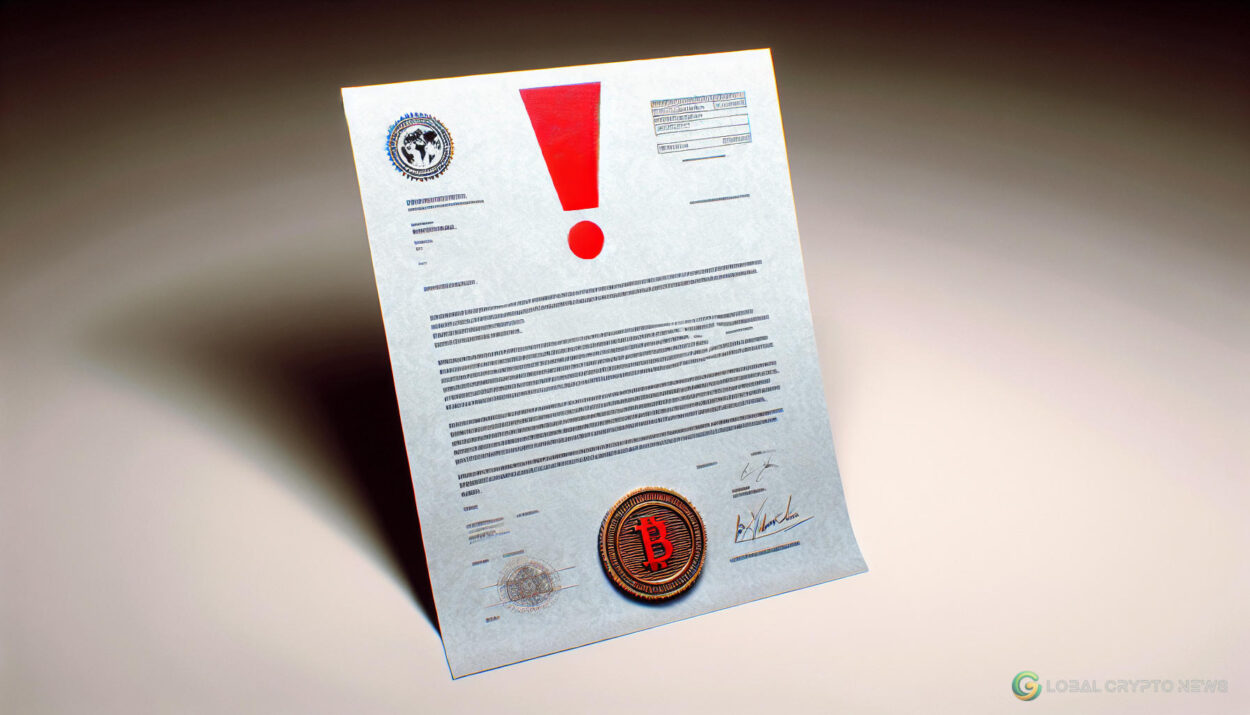LBank received a warning from Japan’s Financial Services Agency (FSA) for allegedly conducting transactions without proper registration. The FSA highlighted concerns about the cryptocurrency exchange operating with an “unknown address” and “unknown representative,” raising significant transparency and accountability issues.
The Japanese Financial Services Agency issued the warning to LBank Exchange on June 14, stating that the exchange was not registered to provide cryptocurrency transactions. Similar warnings were also given to Bybit, MEXC, Bitget, and Bitforex in March last year.
LBank reportedly facilitated cryptocurrency transactions with Japanese residents through the internet, violating Japan’s regulatory framework. Established in 2015 and registered in the British Virgin Islands, LBank is a centralized crypto exchange supporting 671 coins and 814 trading pairs. Data from CoinGecko shows that LBank currently ranks #55 in 24-hour spot trading volume.
The warning came just weeks after LBank hosted a high-profile web3 investor meetup in Dubai, highlighting the disconnect between global outreach efforts and regulatory compliance.
Historical Warnings
This latest warning to LBank is not the first time the FSA has pointed an accusatory finger at crypto exchanges operating in the country. In March 2023, the agency issued similar warnings to four other companies: Bybit, MEXC, Bitget, and Bitforex. These exchanges were found to be offering crypto trading services to Japanese residents without registration.
Market data shows that Bitget and Bybit are among the top exchanges globally, ranking #3 and #4, respectively, in terms of the number of visitors each has received in the last 30 days. Bybit is particularly popular for derivatives trading and enjoys a significant user base in Japan. Despite their popularity, these platforms remain inaccessible to Japanese traders due to regulatory restrictions.
Comparing Regulatory Landscapes
Japan and the U.S. offer contrasting approaches to crypto regulation. Under the Payment Services Act (PSA), Japan recognizes cryptocurrencies as legal property. However, crypto exchanges must register with the FSA and adhere to anti-money laundering (AML) and counter-financing of terrorism (CFT) guidelines. In Japan, most cryptocurrencies are treated as assets, while initial coin offering (ICO) tokens are classified as type 2 securities, regulated under the Financial Instruments and Exchange Act (FIEA).
In contrast, the U.S. regulatory framework is more fragmented and evolving. In 2022, President Joe Biden’s administration initiated an executive order to evaluate the risks and benefits of cryptocurrencies, leading to a roadmap encouraging increased regulatory enforcement. Recently, the White House vetoed a bill from the House of Representatives that would have repealed a contentious bulletin from the U.S. Securities and Exchange Commission (SEC), which many lawmakers felt could be a major impediment to companies offering custodial services for crypto assets.
The SEC has been proactive, treating many cryptocurrencies as securities and pursuing legal action against non-compliant crypto businesses. A notable development was the 2023 court ruling that determined Ripple’s sale of XRP as securities only when sold to institutions, not on exchanges, marking a nuanced win for the crypto sector.
Both Japan and the U.S. are actively refining their regulatory policies, with Japan leading a structured and clear-cut approach while the U.S. navigates through ongoing legal and regulatory debates.
For the latest updates on cryptocurrency, investing, and finance, explore more news on Global Crypto News.























